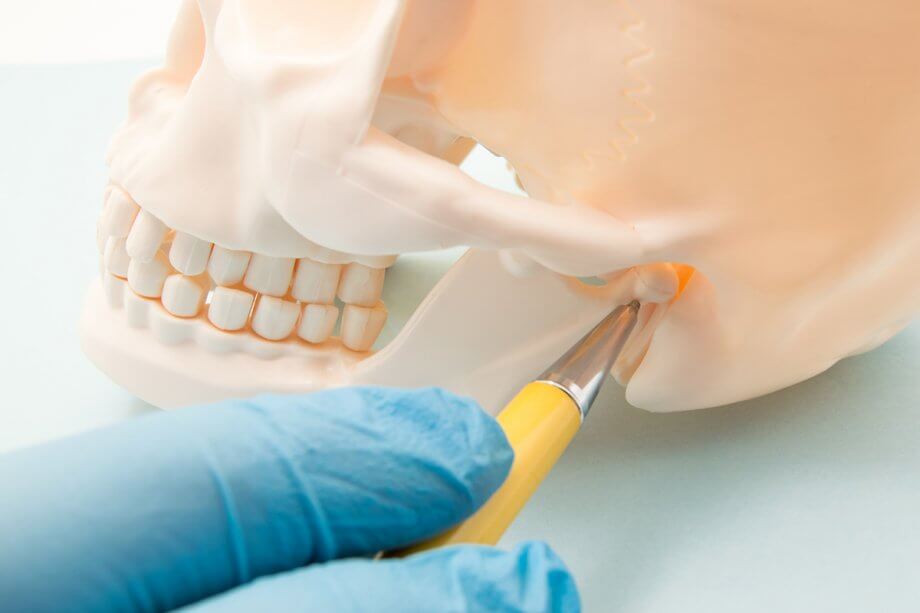Each side of your jaw is connected to the skull by temporomandibular joints, or TMJ. The TMJ function as sliding hinges whenever you open your mouth to eat, speak, and yawn. It's easy to see how temporomandibular joint disorders can cause pain given how frequently you use these joints throughout the day! Chronic TMJ pain can have a negative impact on your quality of life, but our Rockland County TMJ specialists can determine the underlying source of your TMD and create a personalized treatment plan that will help you feel like yourself again.
Understanding TMJ Disorders
To begin, it's important to clarify that TMJ refers to the temporomandibular joints, not a disorder. When the TMJ cause pain, it is called TMJ disorder, or TMD. Everyone has TMJ, but only when the joints are dysfunctional is it TMD.
TMJ disorder can fall into one of three categories. These include:
- Myofascial pain – The muscles that surround the TMJ, rather than the joints themselves, cause myofascial pain. Teeth grinding and jaw clenching are two common causes of this type of pain.
- Internal derangement of the joint – Joint derangement can be caused by a condyle injury, a dislocated jaw, or a displaced disc.
- Arthritis – The temporomandibular joints, like other joints in the body, can be affected by arthritis.
Symptoms of TMJ Disorder
TMD symptoms overlap with those of many other disorders, making diagnosis challenging, but our Rockland County TMJ specialists have years of experience diagnosing and treating the disorder. TMJ issues can present in a number of ways, including:
- Tension headaches and migraines
- Facial tenderness, especially around the jaw and cheeks
- Feelings of fullness in the ears, earaches, or tinnitus; because our sense of balance is located in the inner ears, TMJ disorder can also cause dizziness and unsteadiness
- Tightness in the jaw
- Clicking and popping when opening the mouth or eating
- Locking of the jaw
- Pain when eating
Causes of TMJ Disorder
The first step in treating TMD is determining the source of the problem. If your TMD is caused by arthritis, for example, we'll collaborate with your rheumatologist so we can address both your immediate symptoms, as well as the underlying cause.
TMD with myofascial pain, which is the most common type of TMD, requires a different approach than TMD caused by arthritis or injury. Bruxism, or teeth grinding and jaw clenching, is often the root cause of myofascial pain. Many people are unaware that they grind their teeth or clench their jaws while sleeping, but our TMJ dentists can examine your teeth for evidence of bruxism. A custom-designed night guard can be used to treat bruxism and the TMJ pain it causes by reducing the stress put on the temporomandibular joints and physically stopping you from grinding your teeth.
Learn More About TMJ Treatment in Rockland County
Do you have signs of TMJ disorder? To schedule an appointment for a consultation with one of our TMJ specialists, contact us today at 845-364-9400.

